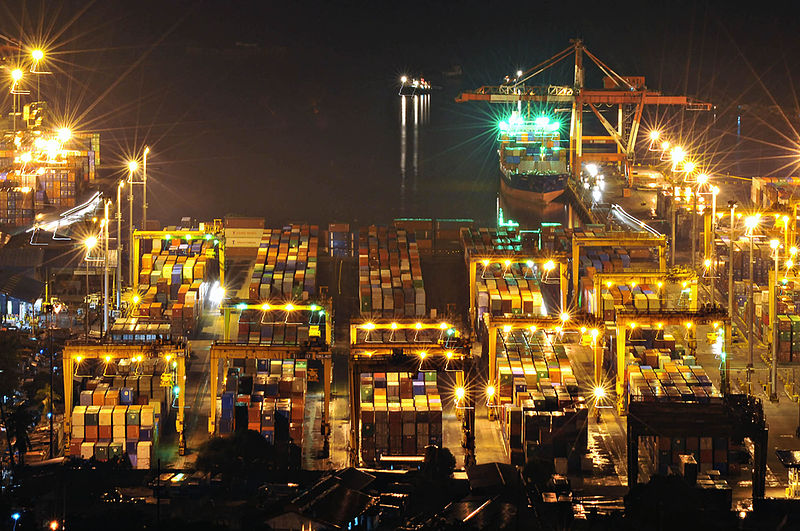Memo #325
By Cesi Cruz – cesi.cruz [at] gmail.com and Benjamin A.T. Graham – benjamin.a.graham [at] usc.edu

 How can the governments in ASEAN help businesses prepare for the ASEAN Economic Community (AEC) scheduled to start in 2015? Foreign firms operating in the Philippines are preparing for the changes, but what help do they want from the government? The AEC preparation wish list for foreign firms differs across sectors: banks may want streamlined financial regulations, exporters may seek harmonized regulations between countries, while the tech sector prioritizes improved broadband and communications infrastructure. But one particular request was prevalent across all sectors: more information.
How can the governments in ASEAN help businesses prepare for the ASEAN Economic Community (AEC) scheduled to start in 2015? Foreign firms operating in the Philippines are preparing for the changes, but what help do they want from the government? The AEC preparation wish list for foreign firms differs across sectors: banks may want streamlined financial regulations, exporters may seek harmonized regulations between countries, while the tech sector prioritizes improved broadband and communications infrastructure. But one particular request was prevalent across all sectors: more information.
This is surprising for a number of reasons. First, AEC 2015 is just the latest step in the long-running process of regional integration, so firms have had time to adjust to these changes. Second, the firms we surveyed are all medium-to-large multinationals, many of which operate in multiple ASEAN countries. They have considerable internal capacity for evaluating the policy environment.
So why is there such demand for more information? As Kai Ostwald and Krislert Samphantharak discuss in their recent memo, despite the relatively limited scope of the coming changes, the AEC represents a significant opportunity for firms that are prepared to take advantage of it. As a result, the ASEAN governments have spent quite a bit of time in the lead-up to the AEC debating various policies and jockeying for position vis-à-vis other countries, trying to gain as much advantage as possible for their domestic firms. As it turns out, while the debates are a necessary part of the policy process, the uncertainty induced by issues such as postponing deadlines for tariff reductions might turn out to be the biggest hindrance to firms’ efforts to prepare. At this stage in the process, the costly uncertainty introduced by continued adjustments to AEC commitments may outweigh any marginal improvements in policy that are still possible. Instead of spending the days leading up to the AEC negotiating with each other to get the best deal for the firms operating in their countries, perhaps governments should spend more time listening to the firms to find out what they want in the first place. After all, the best policy environment in the world does no good if firms lack the information they need to take advantage of it.
About the Author:
Cesi Cruz (Assistant Professor, University of British Colombia) is a political economy scholar whose work focuses on the interplay between electoral incentives and economic outcomes in consolidating democracies.
Benjamin A.T. Graham (Assistant Professor, University of Southern California) studies foreign investment and political risk in emerging markets.

With the AEC, the port of Manila may soon become even busier. But how will the coming AEC affect its most important stakeholders: the businesses themselves? (credit: Theurbanhistorian).
Links:
- Hiro Katsumata, “What Explains ASEAN’s Leadership in East Asian Community Building?” Pacific Affairs 87(2) (June 2014)
- Peter A. Petri, Michael G. Plummer, and Fan Zhai, “Asean Economic Community: A General Equilibrium Analysis,” Asian Economic Journal 26 (2012)
- Philippine Institute for Development Studies, “Status of Philippines Commitments to AEC 2015 and Recommendations” (May 2014)
- Cesar V. Purisma, “The Philippines and ASEAN: The Road to 2015 and Beyond,” ISS Fullerton Lecture (February 2014)
- “The Philippines’ Inclusive Business Program to Provide a Range of Incentives to Foreign Investors”, ASEAN Briefing (December 2014)
Related Memos:
See our other memos on ASEAN.
Comments are closed, but trackbacks and pingbacks are open.